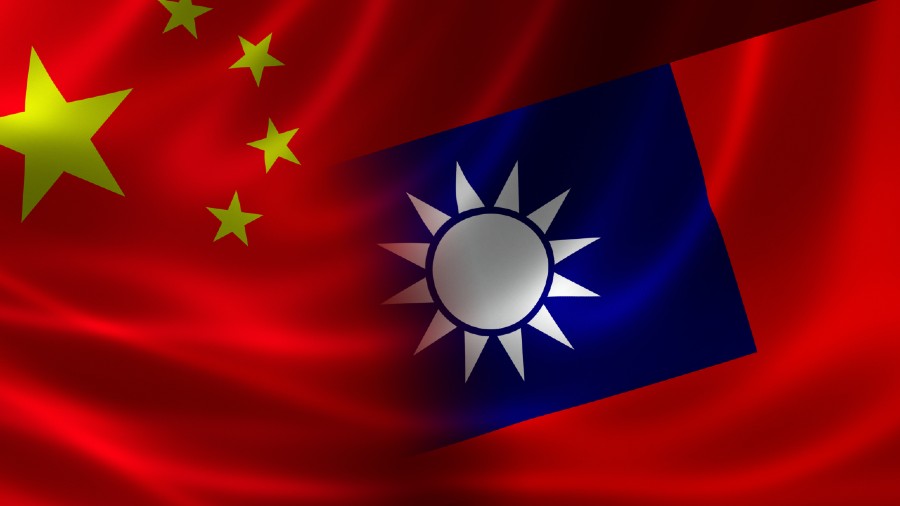A Taiwanese publisher detained in China is suspected of committing national security crimes, Chinese officials say. Beijing has been stepping up pressure on the self-ruled island, which it considers its own.
A Taiwanese publisher who has put out several books critical of the Chinese government is under investigation for suspected national security crimes, Chinese authorities said on Wednesday, in the first official statement after his disappearance in March.
Li Yanhe, the editor-in-chief of Gusa Publishing, was reported missing while visiting the Chinese city of Shanghai. Li, also known as Fu Cha, was born in China in 1971.
Li is "under investigation by national security organs on suspicion of engaging in activities endangering national security," Zhu Fenglian, spokeswoman for Beijing's Taiwan Affairs Office, told a press conference.
"The relevant parties will protect (Li's) legitimate rights and interests in accordance with the law," she said.
Li was apparently arrested during a visit to Shanghai while on a visit to finalize his nationalization as a Taiwanese citizen, according to the Taiwanese daily Liberty Times.
Activists and Taiwan-based journalists had raised the alarm upon Li's disappearance.
The arrest seems to be linked to Li's publishing activities, which have included issuing books on history and politics that are critical of China's ruling Communist Party.
Among the books are a history of alleged Chinese oppression of Muslims in the western region of Xinjiang and a publication about Beijing's global propaganda efforts.
China has a national security law that is open to very broad interpretation. Among other things, it forbids any engagement in "separatist activities" and "subversion."
Since the 2016 election of Taiwanese President Tsai Ing-wen, who sees the island as an independent nation and not part of "one China" as demanded by Beijing, Chinese authorities have been increasingly repressive in their actions against Taiwanese nationals.
Among other things, they jailed Taiwanese democracy activist Lee Ming-che in 2017 for five years on a national security conviction. He was released last year.
Taiwanese activist Yang Chih-yuan, who leads a political party that calls for the island's formal independence, is also now facing official secession charges from Chinese authorities.
Beijing sees the self-ruled island as its territory and has vowed to bring it back under control in the future.










